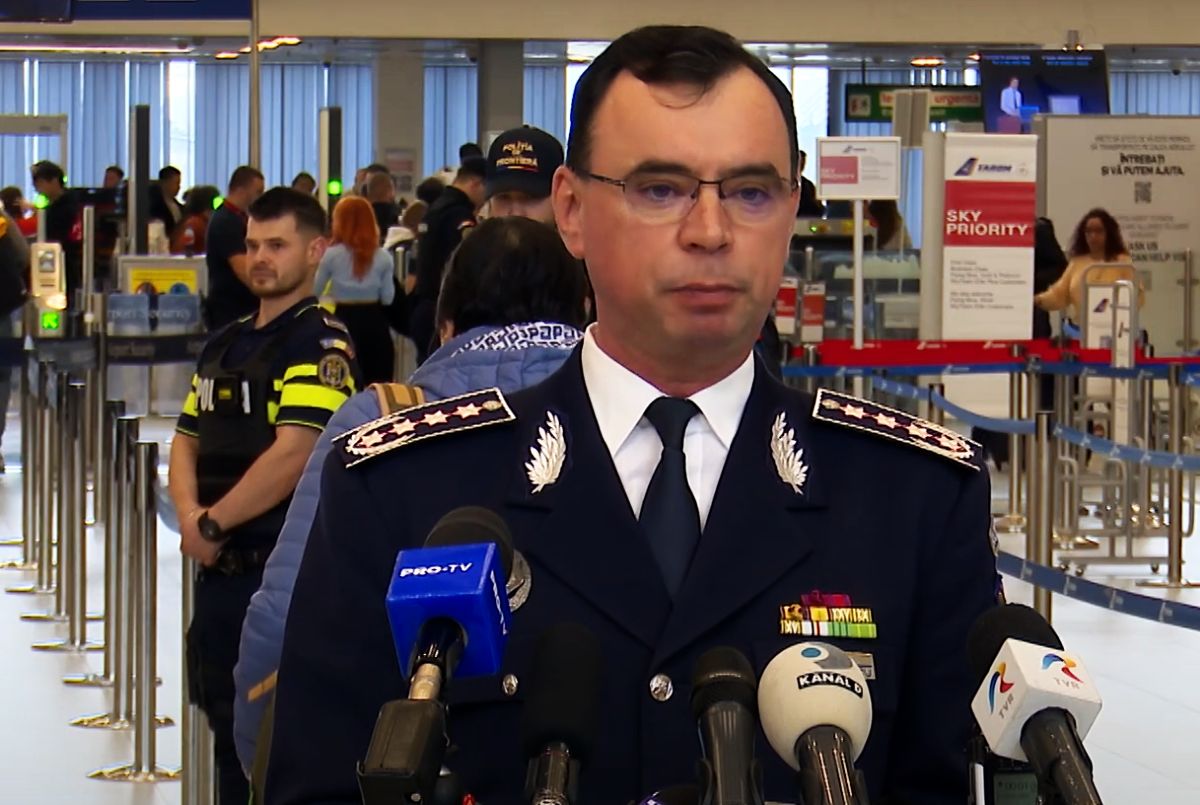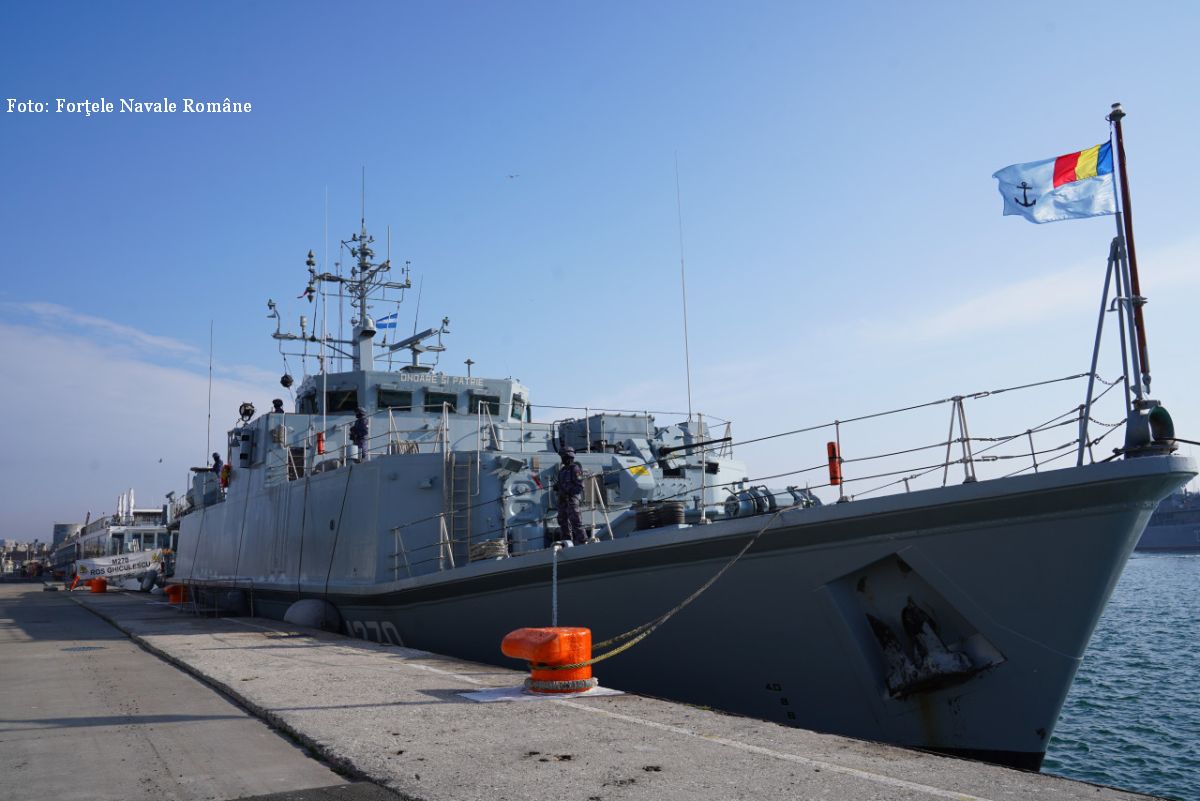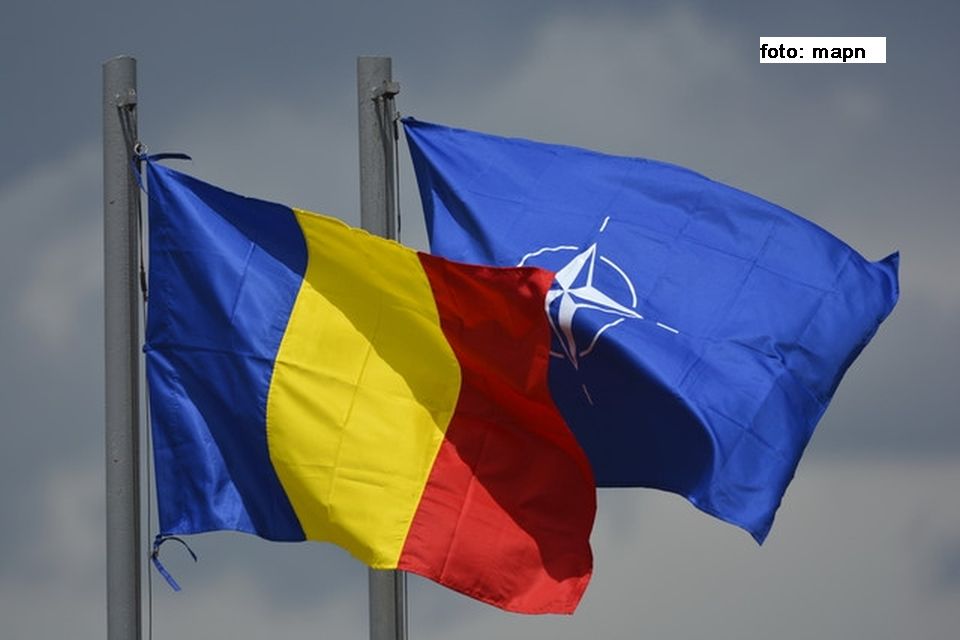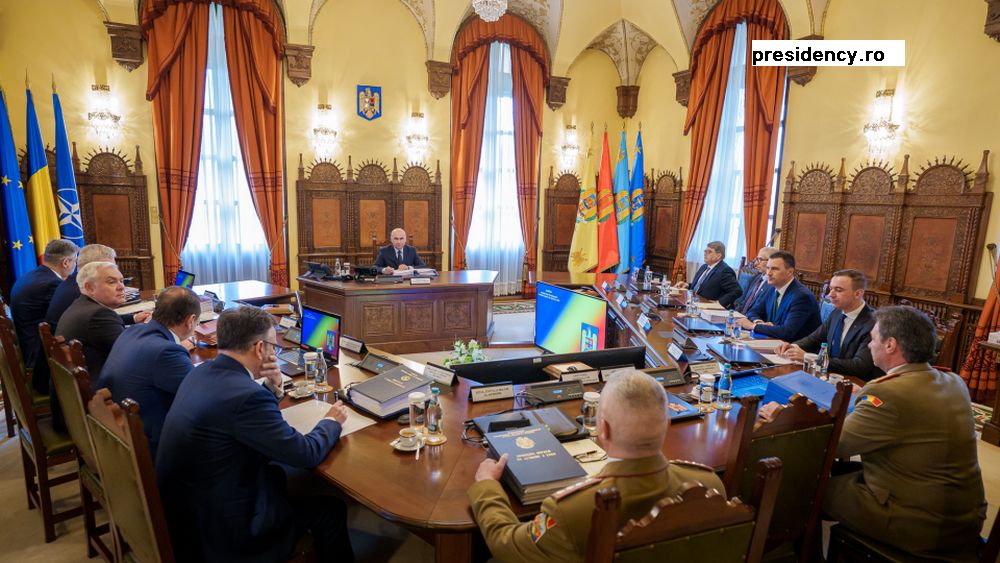Romania has a new Government
The new Government in Bucharest was voted in by the Parliament.
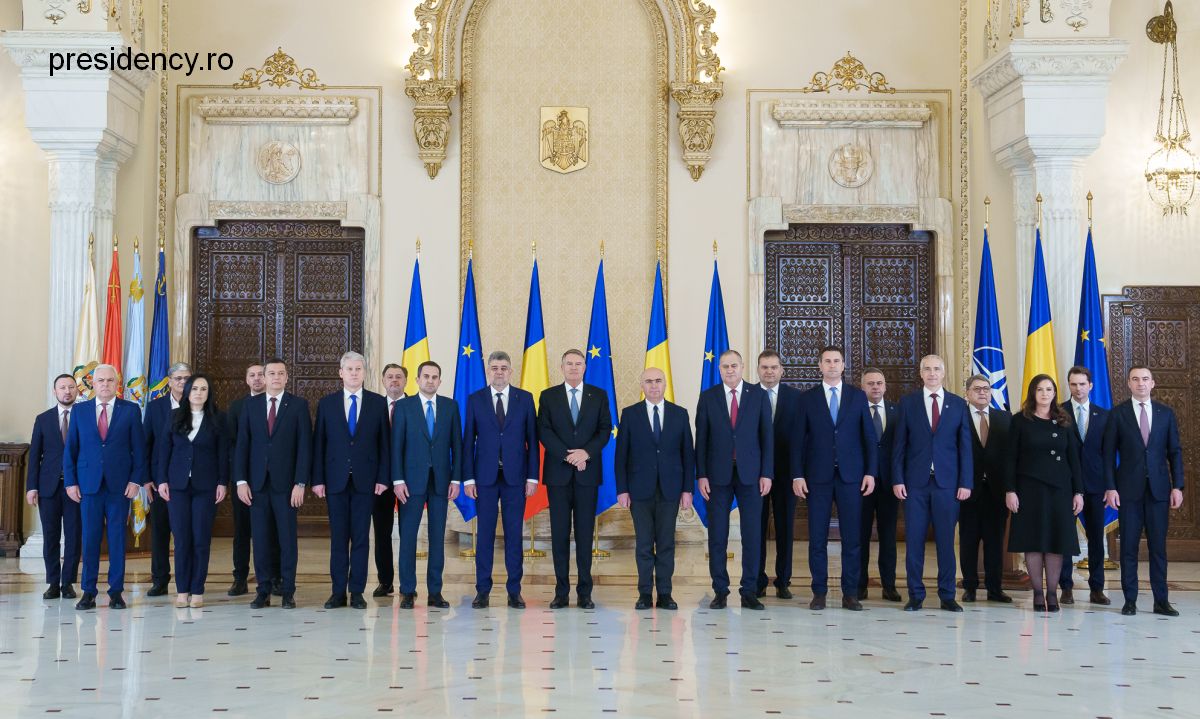
Leyla Cheamil, 24.12.2024, 14:00
The new Government in Bucharest was voted in by the Parliament.
The new Government of Romania, led by the Social Democrat Marcel Ciolacu, took the oath before President Klaus Iohannis on Monday evening. It was an intense political day, a first in the last 35 years when the designation of the Prime Minister by the head of state, the hearing of the ministers, the investiture vote, the oath taking and the first meeting of the Government took place. Earlier, on the same day, the leaders of the pro-European parties PSD, PNL, UDMR and of the deputies belonging to national minorities had signed a political agreement to form a majority and a government.
The new Government has a slimmer structure than the previous one. It is composed of 16 ministries, of which eight are led by PSD, six by PNL and two by UDMR. The government also has three deputy prime minister positions, one of which belongs to the PSD – deputy prime minister without portfolio, and the other two with portfolio – PNL and UDMR. The Ciolacu 2 Government, as it is called by the media, received Parliament’s vote of confidence with 240 votes in favor, by 7 more than the minimum number needed.
Cătălin Predoiu at the helm of the Interior Ministry, Angel Tîlvăr at the Defense Ministry, Sorin Grindeanu at the Transport Ministry, Alexandru Rafila at the Health Ministry or Sebastian Burduja at the Energy Ministry are the ones that kept their positions. New names of ministers have appeared, such as those of Daniel David at the Education Ministry or Emil Hurezeanu at the Foreign Ministry, who are not party members, but are supported by the Liberals. The new Ministry of Economy and Digitization is headed by the Social Democrat Bogdan Ivan, while the Social Democrat MP Radu Marinescu has joined the cabinet at the Ministry of Justice.
Two other portfolios, held by the UDMR, are the Development Minister portfolio, held by Cseke Attila, and that of Finance Minister, held by Tánczos Barna. Prime Minister Marcel Ciolacu stated that the rapid organization of presidential elections and measures to boost the business environment are the main short-term objectives of the new cabinet. He also said that Romania has a functional government, which sends a signal of stability to the Romanian private sector and foreign investors. According to the PM, there are already positive signs, following the vote in Parliament, such as the fact that the interest rates at which the country takes out loans on the foreign markets have started to decrease. Ciolacu also warns that 2025 will not be an easy year and that public money need to be spent decently: “Is normal that this economic crisis in developed countries would also be felt in Romania in 2025. We will have a difficult economic year. Romania cannot provide public services like the West does, with budget revenues to which not everyone contributes”.
In turn, the Interior Minister, Cătălin Predoiu, said that, in his second term, the priority is the fight against drug trafficking. He also said that the Ministry of Internal Affairs will continue to maintain a low migration rate, but also an elevated safety rate, which in Romania is high compared to other European states: “The challenges, in terms of drug trafficking, human trafficking, illegal migration, cyber security, hate speech and emergency situations are unprecedented in terms of number, are complex and sometimes simultaneous. This new reality also dictates our priorities in the coming years”.
On the other hand, the Minister of Defense, Angel Tîlvăr, said that the Mihail Kogălniceanu Base (southeast) will be modernized upon an investment of 2.5 billion euros, which will turn this location into the most important NATO military base in Europe. Angel Tîlvăr: “I presented a series of measures taken by the Ministry of Defense and I believe that the figures that I also presented prove that the decisions we have taken are good and we will continue to apply them. At the same time, we will try to increase the number of activities and actions to lead to the transformation or preservation of the military sector as an attractive sector for those who want a career in this respect”.
For the first time in Romania, the Ministry of Public Finance will be headed by a representative of the Democratic Union of Ethnic Minorities in Romania (UDMR) – Tánczos Barna. He gave assurances that taxes will not increase in 2025 and also that the same taxation system will be maintained.

